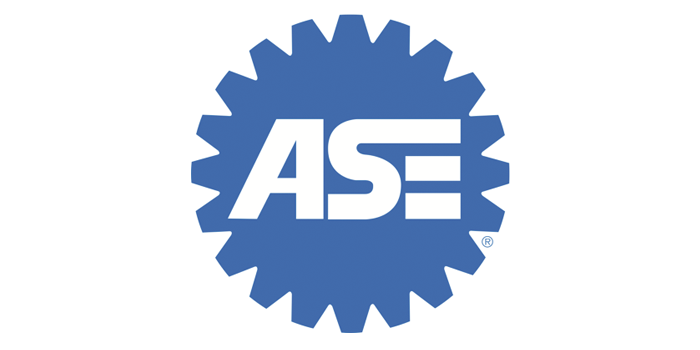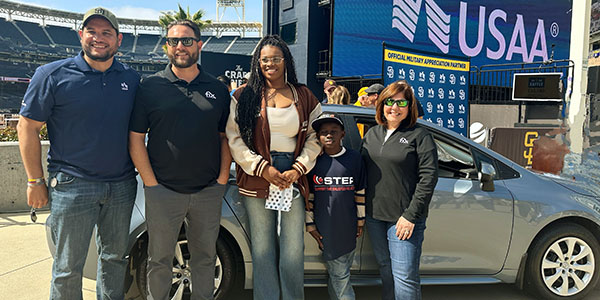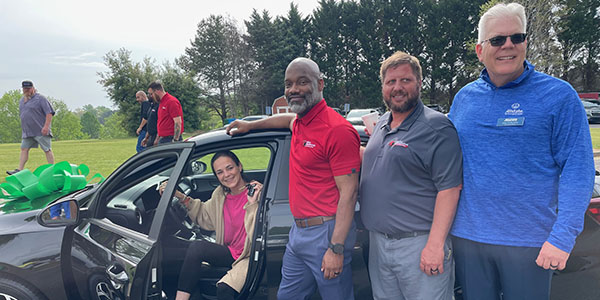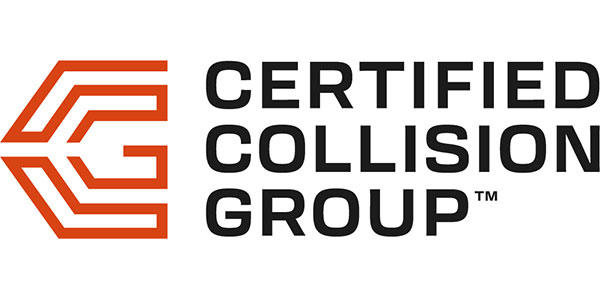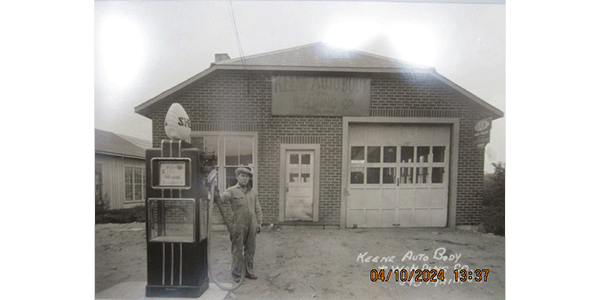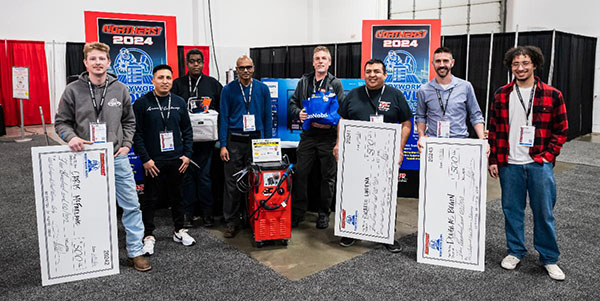
As auto manufacturers invest billions to bring self-driving vehicles to market and increase choice in battery-electric vehicles, many consumers still lack confidence in the technologies. According to the J.D. Power 2019 Q3 Mobility Confidence Index Study fueled by SurveyMonkey Audience, released recently, the Mobility Confidence Index is 36 (on a 100-point scale) for self-driving vehicles and 55 for battery-electric vehicles – identical scores to three months ago.
“It was a little surprising to find consumer sentiment about self-driving vehicles and electrification has stayed flat, but it shows that consumers are really steadfast in their opinions about new mobility technologies right now, regardless of how close they are to being available for purchase,” said Kristin Kolodge, executive director, Driver Interaction & Human Machine Interface Research at J.D. Power. “This isn’t necessarily bad news for automakers; rather, it shows the areas where consumers need to be better-educated and gives manufacturers the chance to correct their course on the path to eventual production.”
The quarterly study is the pulse of market readiness and acceptance for self-driving and battery-electric vehicles, as seen through the eyes of consumers and industry experts, said the company. Sentiment is segmented into three categories: low (0-40), neutral (41-60) and positive (61-100). J.D. Power is joined by global survey software company SurveyMonkey to conduct the study in which more than 5,000 consumers and industry experts were polled about self-driving vehicles and another 5,000 were polled about battery-electric vehicles.
Following are key findings about self-driving vehicles:
Mobility Confidence Index remains low for self-driving vehicles: With an overall score of 36, consumers continue to have a low level of confidence about the future of self-driving vehicles. All of the attributes analyzed in the study largely remain flat compared to Q2 results. Scoring lowest among the self-driving attributes are: comfort riding in a self-driving vehicle and comfort with self-driving public transit.
Men more comfortable with self-driving technology than women: More than two-thirds (68%) of consumers say they have little to no knowledge about self-driving vehicle technology, and well over half say they are unlikely to ever purchase or lease a self-driving vehicle. Only half as many women express having a “great deal” or “fair amount” of knowledge on the subject compared with men and they’re also less likely than men to purchase or lease a self-driving vehicle. Only half as many women say they are comfortable with each self-driving scenario studied: being on the road with others using self-driving vehicles; riding in self-driving vehicles; self-driving public transit; and goods being transported in self-driving commercial vehicles.
Self-driving challenges: Industry experts say that perfecting self-driving technology is proving more challenging than originally thought. One industry expert noted, “Tech and automotive companies continue to learn how difficult the problem really is. There have been several announced delays.” Gaining consumer trust and acceptance will be a critical strategic lever to determining success.
Job displacement and computer error are perceived disadvantages: Consumers are still more hopeful than worried about the overall benefit of technology in their lives, but 38% remain unexcited about any self-driving technology. Consumers are most worried about tech failures/errors (71%). One consumer said, “History has shown that past technological advances, such as electrical or computer, fail with time and are too costly to repair.” Others voiced concerns about job losses: “It’s going to put a LOT of people out of jobs and cause a lot of economic repercussions.”
Following are key findings about battery-electric vehicles:
Mobility Confidence Index remains neutral for battery-electric vehicles: With an overall score of 55, confidence about the future of battery-electric vehicles remains neutral. Attributes scoring lowest include likelihood of purchasing an electric vehicle and reliability of electric compared to gas-powered vehicles.
Challenges for acceptance: Industry experts say that consumer affordability and trust remain the top challenges for battery-electric vehicle acceptance. They also recognize that the cost to produce electric vehicles and the development of a charging infrastructure are critical challenges that must be addressed.
EV ownership affects battery-electric vehicle purchase consideration: More than half (60%) of those who have owned a battery-electric vehicle are “extremely likely” or “very likely” to repurchase a similar vehicle. Conversely, 59% of those who have never been in such a vehicle are “not too likely” or “not at all likely” to purchase or lease one. However, more than three-fourths (77% of owners and 76% with no experience) say tax credits or subsidies would factor into their purchase decision. It should also be noted that a mere 4% of respondents have owned a battery-electric vehicle while 68% say they have never been in a battery-electric vehicle.
Pros and cons: Nearly two-thirds (63%) of respondents say battery-electric vehicles are better for the environment. Half of respondents also believe the cost of charging compared with the cost of gas will be advantageous. “Gas is expensive, wasteful of [the] environment, [and] leaves our country dependent on foreign powers,” said one consumer. However, 65% are concerned about the availability of charging stations, with one respondent saying, “Charging stations are still not readily available. Charging technology should allow hookup when you get home, with energy draw during off peak hours.” More than half (60%) of respondents are concerned about driving range, with 76% of those with no battery-electric vehicle experience expecting vehicles to have a driving range of 300 miles or more.
“Charging, cost and range are unavoidable challenges for battery-electric vehicles when compared with traditional vehicles,” Kolodge added. “Automakers should focus as much on developing some overriding advantages instead of just working on minimizing the disadvantages. Consumers don’t know what to ask for but there are all sorts of possibilities. The first automakers to solve this will have a huge advantage.”

